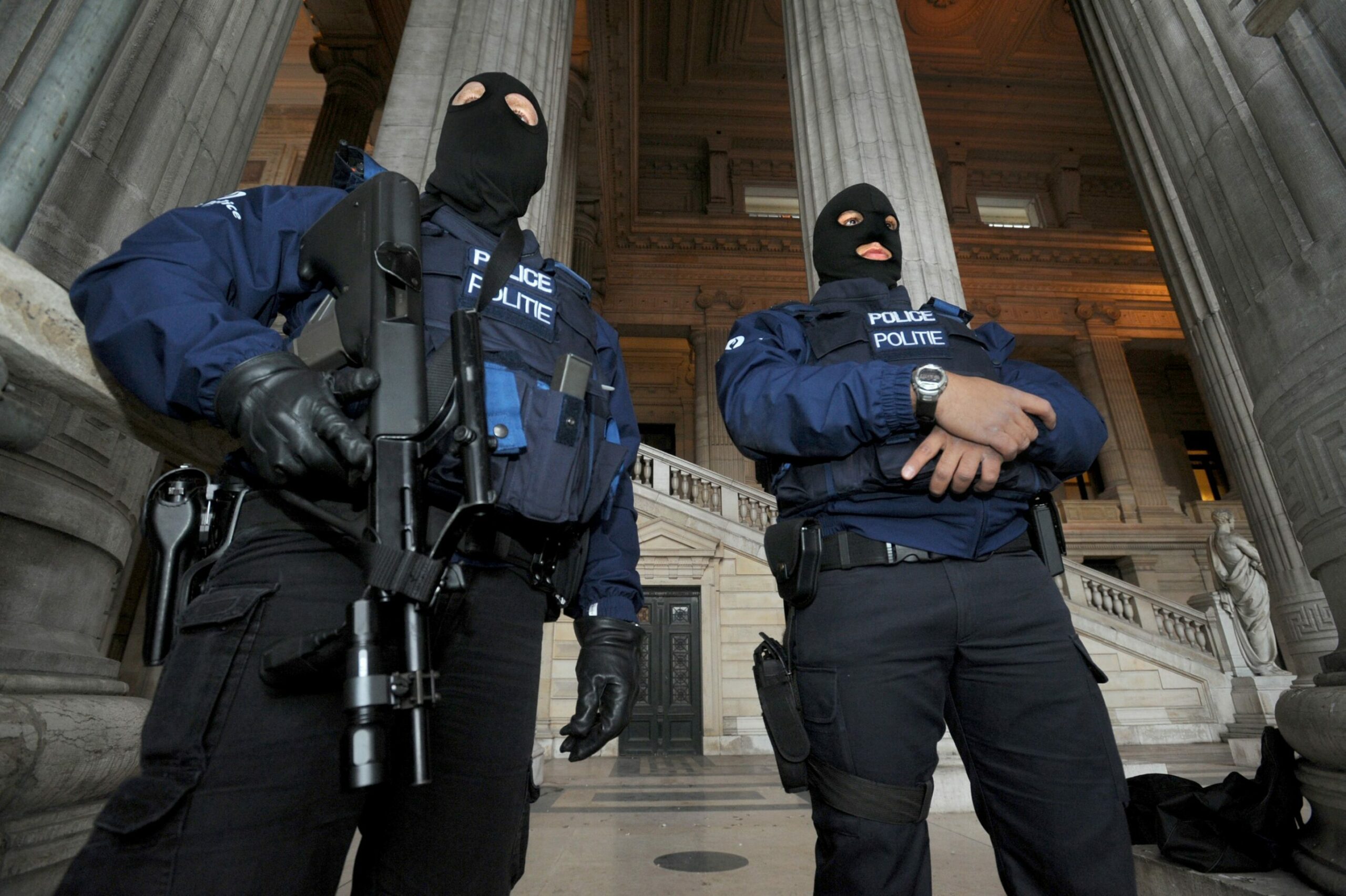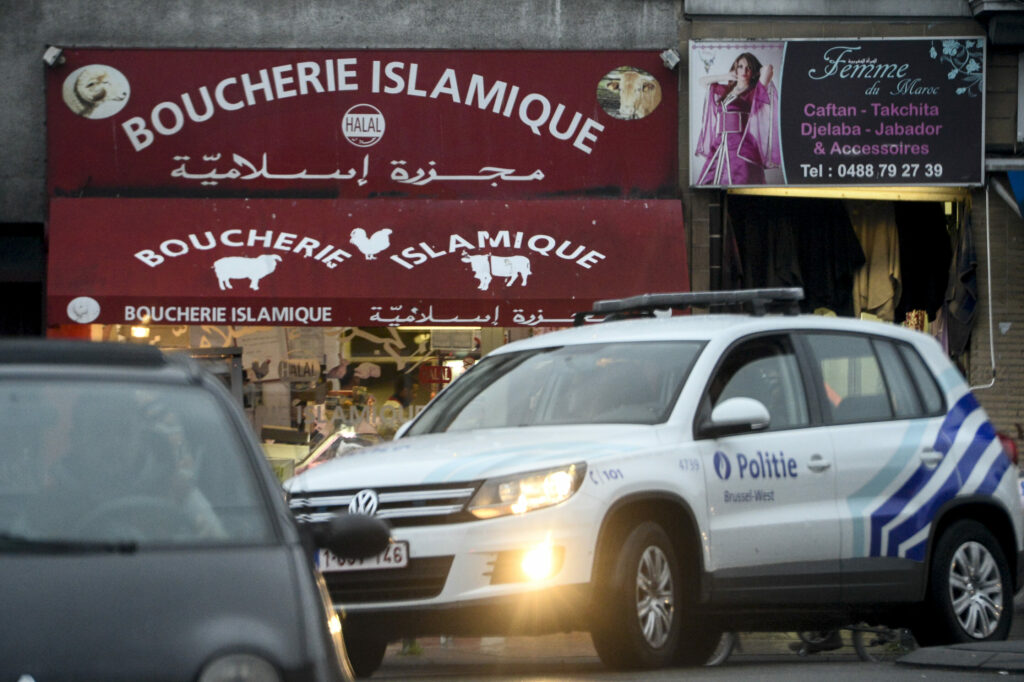A 14-year-old boy with far-right views was arrested on Thursday morning in Brussels for planning an attack on a mosque. The Muslim Council of Belgium has expressed "deep concern" following the incident.
The Belgian Minister of Justice Paul Van Tigchelt announced the operation in the Belgian Parliament, in response to questions from MPs. It was later confirmed by Brussels authorities.
As a result of declassified confidential information, the Brussels Public Prosecutor's Office was informed of a planned attack on Wednesday.
"On 22 January 2025 a minor, who allegedly harboured far-right views, wanted to carry out an attack on a mosque on 24 January 2025, the day of prayer when mosques are crowded," Brussels Public Prosecutor said in a statement.
Based on the elements available to the public prosecutor, a judicial enquiry was opened on 22 January 2025. A police search was conducted on Thursday morning at the residence of the accused, who was questioned by officers.
Weapons and computer equipment, among other things, were also seized. The teenager was later detained in a closed juvenile protection institution.

Armed police officers in Brussels. Credit: Belga
The boy is allegedly living in Molenbeek-Saint-Jean. He had recently visited the Annajah Mosque, where he had planned to carry out the attack this Friday (24 January), according to Belgian media VRT and SudInfo. It was also reported that a folding knife, kitchen knife and homemade Nazi symbols were discovered at the boy's home.
"In order not to compromise the effectiveness of the ongoing investigation, no further comment will be made," the prosecutor added. The investigation is ongoing.
Muslim Council 'deeply concerned'
The Muslim Council of Belgium (CMB) expressed "deep concern" about the incident on Friday.
"This incident tragically highlights the threat of radicalisation among minors, irrespective of their ideology," the provisional representative body for Muslims in Belgium stated on Thursday.
CMB President Esma Uçan says the attempted attack should serve as a wakeup call. "The fact that a minor could conceive of such plans shows how vulnerable young people are to extremist influences and underscores the urgent need to collectively address this issue," she said.
The council is calling for strengthened collaboration between religious communities, schools and authorities. It also emphasised the dangers of online radicalisation, called on authorities to continue ensuring the security of religious institutions and encouraged all citizens to observe and report signs of radicalisation among young people.
This article was updated to include additional information at 09:30 and 13:00 on Friday 24 January 2025.

